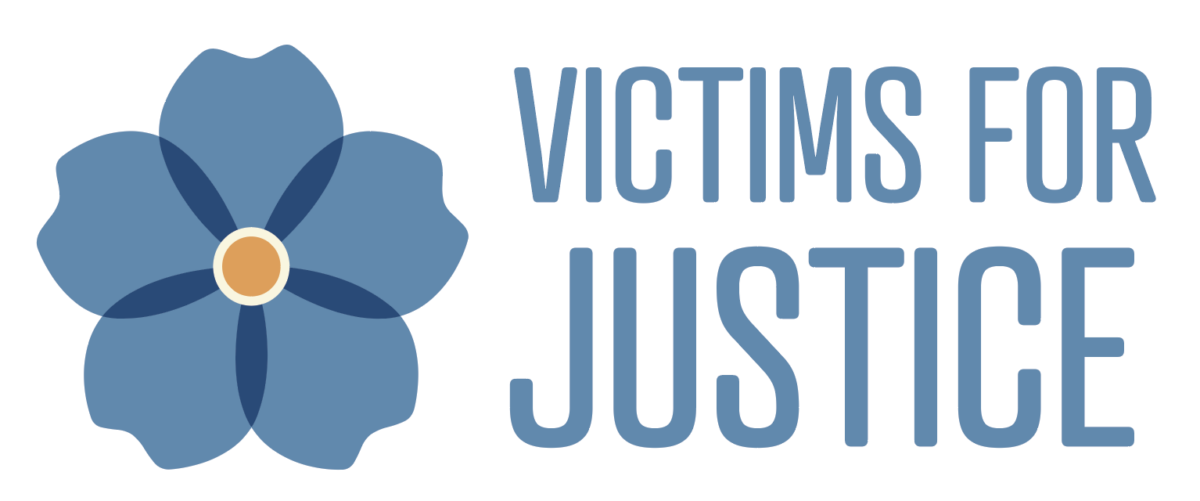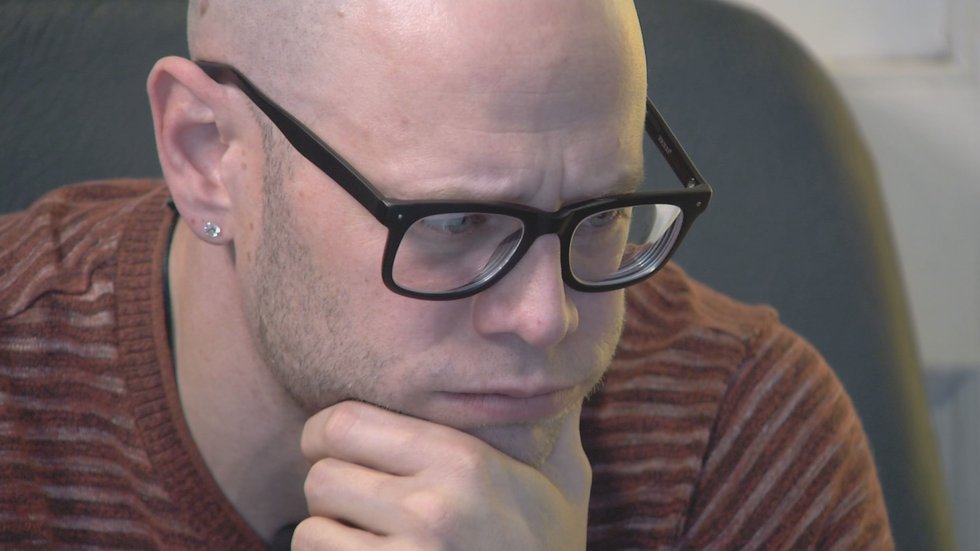Originally published in Alaska’s News Source
ANCHORAGE, Alaska (KTUU) – On an overcast, cloudy day back in October 2018, Kyle Andrews committed a crime that would alter his life forever and garner statewide coverage about one of the worst days of his life.
He says he had been smoking meth and heroin inside a halfway house when he started having issues with another man. Andrews said he felt paranoid and craved something to help him calm down and sleep.
What happened next impacted Andrews, and his freedom, and today it’s a major barrier for him finding a job.
News reports at the time say Andrews was the subject of a suspicious person call after someone spotted him acting erratically. He was found near the roundabouts at Dowling Road and the Seward Highway where he ran into a construction zone, got into a construction vehicle, and then fled from police.
Officers chased Andrews and blocked him in with patrol cars near 64th Avenue and Ashwood Street, near Polaris K-12 School. The school was put into stay-put mode.
Andrews then drove the vehicle into a shallow marsh, ignored officers’ commands, and only after being tased was stopped and arrested on a warrant for escape. Andrews was additionally charged with vehicle theft, criminal mischief and resisting arrest. Along the path of his escape, muddy tire tracks could be seen on the sidewalk by the school and orange police crime tape lined the area.
That was the latest in a string of arrests that started back in August 2018.
Because of the escape and the school lockdown, news organizations wrote a story about the arrest with a photo provided by police. In the picture Andrew smiled intensely at the camera. His face was swollen and puffy.
Then, in November of last year, Andrews emailed Alaska’s News Source.
“My name is Kyle Andrews,” his email read. “I was featured in the news several years ago and have since been to treatment and made outstanding progress. I am asking you for help. I have been looking for a job since I got clean and as far as I know, I am hitting a wall because whenever you google me ‘Kyle Andrews Anchorage’ … well, see for yourself. It’s amazing what one bad day in the news can do for someone. I would appreciate an opportunity to offer you a chance to visit the men’s group I run on Wednesday night and take a look at the content of the meeting, participate and write a story. Please let me know if you are interested.”
Updating old news stories has been a growing focus of newsrooms across the country. “The Right to be Forgotten” is an initiative that pushes for people to have the right to have information about themselves removed from internet searches or other online sources, and has been implemented in places like the Cleveland Plain Dealer news organization, with funding from the Google GNI Innovation Challenge. It’s become a social justice issue, partly because some crime stories can be clouded in bias.
“Many have turned their lives around and are trying to move forward, but our stories get in the way, blocking job hunts or relationships,” the Cleveland Plain Dealer’s website says.
Andrews met Alaska’s News Source in a coffee shop where he was handing out flyers for his start-up catering business. Today he looks healthy; he works out and stays in shape.
“When I was using it was a like distraction, right? And my anxiety kind of took over and it became a compulsion, and so now, I just have a lot of time and I don’t enjoy wasting my time,” he said.
According to the National Survey on Drug Use and Health, Alaska was ranked as one of the top 10 states for illicit drug use in 2010-11. According to the survey, 13.65% of Alaska residents reported using illicit drugs in the past month at the time it was taken. The national average was 8.82%.
Additionally, Megan Edge of the ACLU of Alaska said Alaska’s high rate of recidivism is about 66%. Alaska defines recidivism as returning to custody within three years of release.
There are also societal barriers, which Andrews faces, that impede stability and reintegrating to society.
One of those barriers is news coverage that vividly details a person’s crime and remains on the internet forever.
According to Anchorage nonprofit Victims for Justice, the conversation about life after prison should also include the victim.
“If someone is truly on a path to recovery and has the ability to be a meaningful participant in society again, then it’s important that there are those paths involved, and particularly for someone who may not be a violent offender where there isn’t concern in that area,” said Victoria Shanklin, executive director for Victims For Justice.
Victims for Justice is an organization that specializes in services to victims of violent crime outside of domestic violence and sexual assault.
“It’s really important that those who are impacted by the crime have a voice throughout the process and have a way to process what’s going on and heal,” Shanklin said. “Sometimes that’s more possible than others and it really just depends on the individual, it depends on the crime, and again in this case it appears he was not a violent offender. While acts are violating, and that has an impact on the victims, there is a difference there.”
Edge says that about 96% of the prison population will be released at some point over their lives.
“When we’re thinking about justice, a lot of the time what we’re really seeking is like, a level of accountability,” Edge said. “And so, does accountability look like punishment, or does accountability look like rehabilitating somebody so they become a productive member of our society?”
“I have a masters in business and years of professional experience and can’t find a job that will hire me and pay me what I’m worth,” Andrews wrote via email. “If I didn’t have my criminal history I would be able to make 60-100k depending on where I live. It’s been a major struggle.”
Edge said there are national movements to stop prospective employers from asking people if they have been convicted of a felony.
Alaska’s News Source told Edge that some people say a person like Andrews who committed crimes should have to live with the consequences.
Andrews said it’s unfortunate his actions impacted others.
“But what I can do is I can talk about those things and help other people realize it can be better,” Andrews said.
Copyright 2022 KTUU. All rights reserved.


Recent Comments